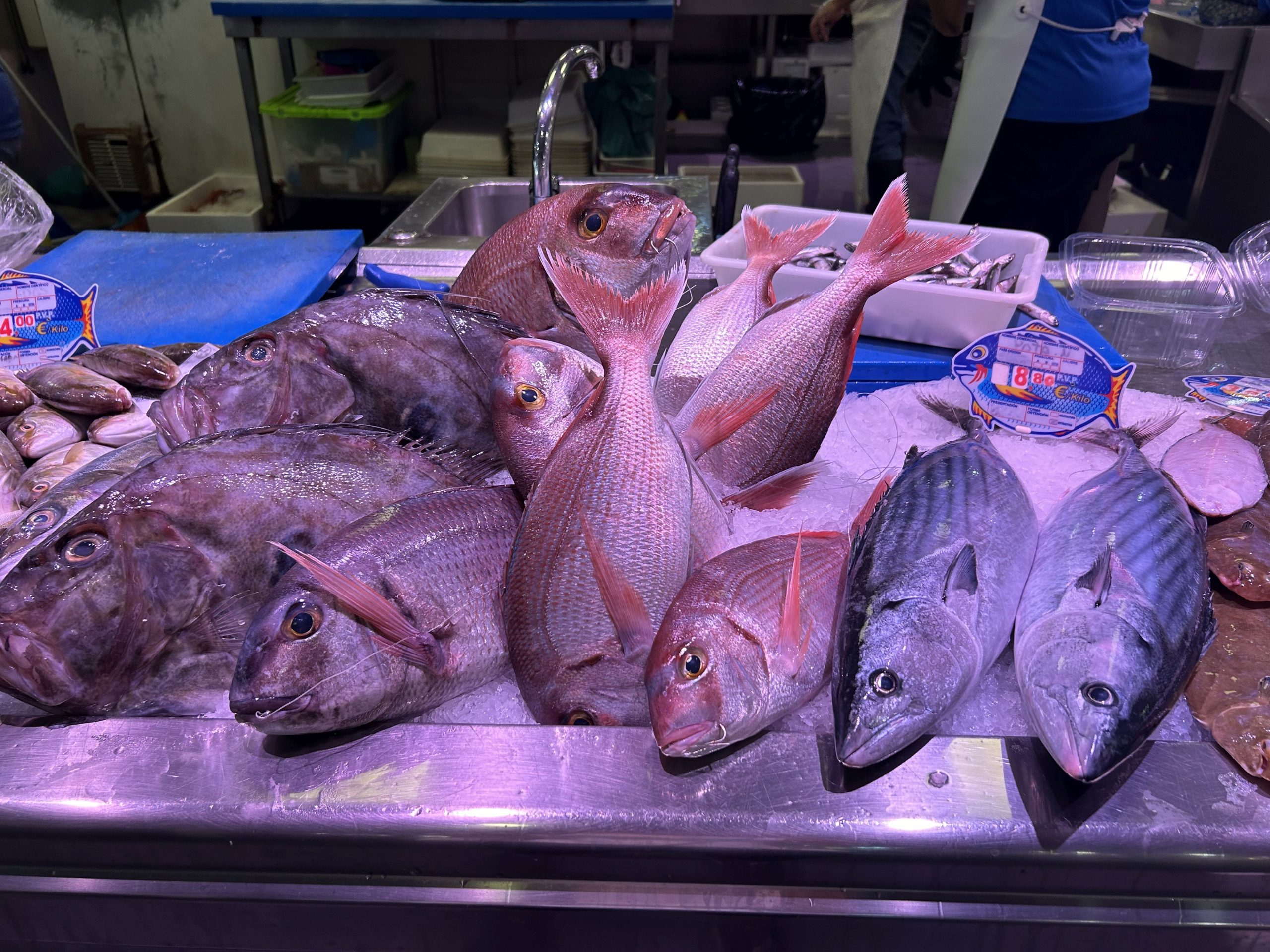Summary
Women-led, regenerative food brand posts strong performance while evaluating future growth partnerships
Source: agriculture.einnews.com

AI News Q&A (Free Content)
Q1: What factors contributed to White Leaf Provisions' impressive 220% growth over three years, leading to its inclusion in the Inc. 5000 list?
A1: White Leaf Provisions' growth can be attributed to its commitment to organic, regeneratively sourced, clean-label products, which are glyphosate-free and designed for children and families. Their focus on nutrition, safety, and taste has enabled them to redefine standards in the packaged food industry, supporting soil health and farming communities. Their business model emphasizes sustainability and community involvement, which resonates with a growing consumer base demanding transparency and quality in food products.
Q2: How does the launch of White Leaf Provisions' organic applesauce line align with current consumer trends in the food industry?
A2: The launch of the organic applesauce line by White Leaf Provisions taps into the increasing demand for organic and clean-label products. Consumers are becoming more health-conscious and environmentally aware, seeking products that are not only beneficial for their health but also sustainable. This trend aligns with the broader movement towards regenerative agriculture, which focuses on improving soil health and reducing environmental impact, further appealing to eco-conscious consumers.
Q3: What are the key business model innovations identified in the food industry that have contributed to its evolution?
A3: Recent studies highlight innovations in business models within the food industry, focusing on value proposition, value creation, and delivery processes. These include digitalization, e-commerce, and the internet of things, which have transformed how food is distributed and consumed. Additionally, consumer demand and product quality significantly influence these business models, driving companies to adopt more sustainable practices and enhance customer engagement.
Q4: What are the benefits of regenerative agriculture as identified in recent studies?
A4: Regenerative agriculture offers numerous benefits, including improved water quality, soil health, and biodiversity. A study on conservation targets in agriculture found that practices like cover cropping, conservation tillage, and nutrient management can significantly reduce phosphorus and sediment loads in water bodies. These practices not only enhance environmental sustainability but also contribute to the resilience of agricultural systems against climate change and other external pressures.
Q5: How does the concept of clean-label products impact consumer purchasing decisions in the current market?
A5: Clean-label products, which are free from artificial additives and preservatives, have a significant impact on consumer purchasing decisions. The transparency of ingredients and the perceived health benefits drive consumers to choose these products over conventional alternatives. This shift is fueled by a growing awareness of health and wellness, as well as environmental concerns, pushing brands to innovate and meet these consumer demands.
Q6: What role does female entrepreneurship play in the innovation of business models in the food industry?
A6: Female entrepreneurship is a driving force in the innovation of business models within the food industry. Women entrepreneurs often bring unique perspectives and priorities, such as sustainability and community engagement, into business practices. This has led to the development of inclusive and diverse business models that not only cater to consumer needs but also promote social and environmental responsibility.
Q7: How is White Leaf Provisions contributing to the regional economy in Charleston County?
A7: White Leaf Provisions contributes to the Charleston County economy by fostering entrepreneurship and innovation in the food sector. As a women-led, family-run business, it not only provides jobs but also supports local farmers and suppliers through its commitment to regenerative and organic farming practices. This creates a ripple effect, enhancing the economic stability and growth of the region.
References:
- White Leaf Provisions Named to Inc. 5000 List Following 220% Three-Year Growth
- Celebrates National Retail Launch of Second Product Line with Organic Applesauce - https://www.wral.com/story/white-leaf-provisions-named-to-inc-5000-list-following-220-three-year-growth-celebrates-national-retail-launch-of-second-product/22117260/
- Food Supply Chain and Business Model Innovation - Saeed Nosratabadi, Amirhosein Mosavi, Zoltan Lakner
- Glass half full: A framework for setting realistic water quality conservation targets - Journal of Environmental Quality



